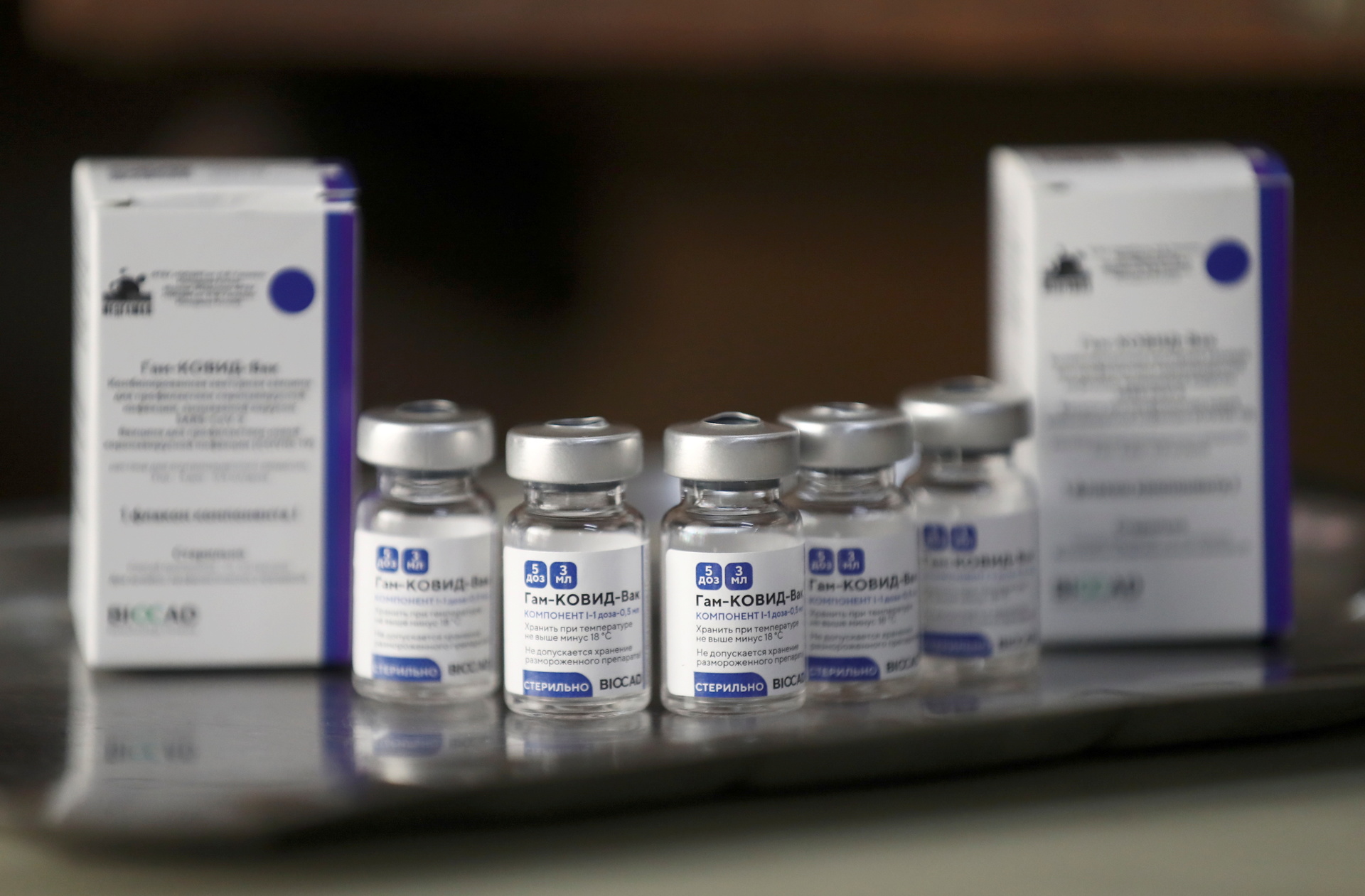Over the past day, 21,734 new cases of COVID-19 were detected in Russia, of which 3281 episodes were recorded in St. Petersburg, 3115 in Moscow, and 1072 in the Moscow region. In the two days preceding this, the figure was 22 857 and 23 586.
Over the last day, 23,262 patients were discharged, 586 deaths were recorded.
The total number of registered cases of COVID-19 in the Russian Federation since the beginning of the pandemic has reached 3,612,800. 3,002,026 patients have recovered.
66,623 people died from complications that developed against the background of coronavirus infection and concomitant diseases.
The press service of Rospotrebnadzor reported that since the beginning of the epidemic, more than 97.3 million laboratory tests have been carried out in the country for the presence of COVID-19.
About 616 thousand people remain under medical supervision.
“It is possible that after the winter recession, at the beginning of spring, the incidence may increase slightly again - this is typical for seasonal infections, which, apparently, will become COVID-19.
But the growth is unlikely to reach the autumn peak.
There is a possibility that closer to the summer we will reach the last year's minimum in morbidity and even a lower level, ”RIA Novosti quotes Natalya Pshenichnaya, deputy director for clinical and analytical work of the Central Research Institute of Epidemiology of Rospotrebnadzor.
In turn, Ancha Baranova, professor at the School of Systems Biology at George Mason University, expressed the opinion that the British strain of coronavirus by March has a chance to become its most common mutation in Russia.
“The British strain of COVID-19 is 56% more effective in terms of infection than the strain that was previously discovered.
In the United States, many patients with the British strain have now been found.
The American CDC (Center for Disease Control and Prevention. -
RT
) predicted that this particular strain will become the main one in the United States by March.
I think that for Russia the same forecast can be given, ”Baranova said.
At the same time, she expressed the hope that vaccination will help in the fight against the spread of the British strain, since the number of people who become ill with it can grow "like a snowball."
© REUTERS / Agustin Marcarian
Since the beginning of the year, about 34 thousand electronic certificates of vaccination against coronavirus have already been issued in Russia.
As Deputy Prime Minister of the Russian Federation Dmitry Chernyshenko explained, citizens who have passed the second stage of vaccination can receive the document in electronic form.
“The President has set the task to make the process of interaction between citizens and authorities as clear and comfortable as possible.
We are developing a portal of state services so that a person can solve as many issues as possible without leaving his home.
For example, if necessary, it is convenient to present a certificate of vaccination in the form of a QR code in a mobile application.
Fast and no paper documents to carry with you, ”he said.
Vaccination against coronavirus continues in Russia.
The vaccination campaign is carried out using the drug "Sputnik V", developed by specialists of the National Research Center for Epidemiology and Microbiology named after N.F.
Gamalei.
Vaccination with the Russian drug is also in progress in other countries.
The Kazakh authorities plan to start inoculating citizens with Sputnik V from February 1.
At the same time, on January 19, an agreement should be signed between the Karaganda pharmaceutical complex and the Russian Direct Investment Fund for the supply of the first batch - 20 thousand doses of the drug.
"From February 1, it is planned to start vaccination against coronavirus infection of the affected population groups," said Minister of Health of Kazakhstan Alexei Tsoi.
The day before, on January 18, the Ministry of Health and Medical Industry of Turkmenistan registered the Sputnik V vaccine.
In turn, the trade representative of the Russian Federation in Nicaragua, Pyotr Pankratov, said that the republic's authorities were negotiating the purchase of a Russian vaccine.

